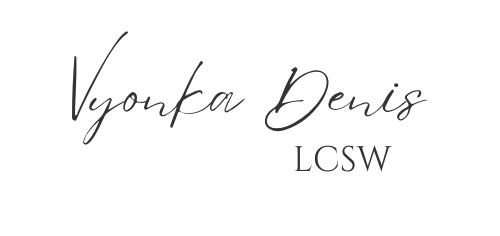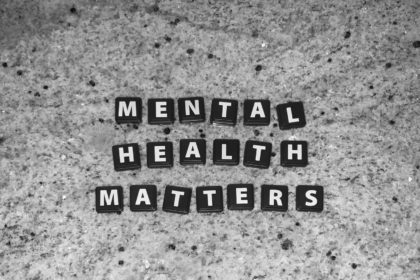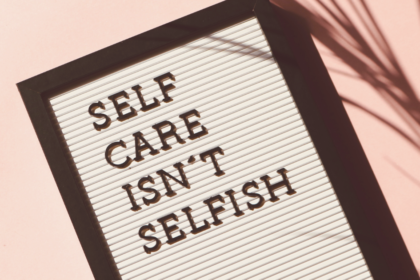“You have power over your mind- not external events. Realize this and you will have strength.” -Marcus Aurelius
Have you noticed a pattern? Most of my posts are related to thinking and thought processes and thought reframing? Well, this is because our thoughts are powerful and how you think influences not only your mood and behaviors but can also lead to mental health issues; such as, depression and anxiety, oh and can’t forget about stress. So, let’s talk about thoughts and the importance of working on how we think and the quality of life we would like to have. Even as a mental health professional I am not exempt from this practice, rather I continue to learn and grow in order to rewire my thinking because I too want to live, truly live, without the burden of negative thoughts and how I am affected emotionally and physically.
What is a thought? According to Oxford, a thought is an idea or an opinion produced by thinking or occurring suddenly in the mind. Our reaction to thoughts is derived by outside triggers. This is what we need to get a better handle on. What is it that you are willing to allow? I know that for me, it is exhausting and the anxiety of the unknown is what leads me into a downward spiral of unnecessary negative thoughts because most of the time what is perceived might not be the case. So who in turn suffers? Yes, you. But do not forget that you have the power to revoke these outside triggers.
When you feel triggered and your thoughts begin to wander, stop and take a listen to your internal dialogue and identify what is causing the negative thought(s). Rather than allow yourself to ruminate, you will stop and affirm that these thoughts do not hold power over you, and now is the time to ground yourself. I like to listen to stoic affirmations. Because the energy that you expel will determine not only your mood but your life and what comes to you.
I mentioned stoic affirmations. You are probably wondering what that is. Well, someone very dear to me has introduced me to the philosophy of Stoicism. What is this? Let’s get into it. Stoicism is an ancient greek philosophy founded by Zeno of Citium in the 3rd century BC and later spread throughout Rome. This philosophy focuses on how to live a good life by cultivating wisdom, courage, justice, and self-control. By daily practices in creating a stronger stoic mindset, you will have the power of overcoming destructive emotions and thoughts. In recent years, stoicism has seen a comeback in popularity as a practical framework for mental health and emotional resilience. The stoic philosophy can be best compared to your modern-day cognitive behavioral therapy (CBT). Cognitive behavioral therapy is a type of psychotherapy in which negative thoughts about yourself, and the world around you are challenged in order to alter unwanted behavioral patterns in the treatment of mood disorders such as anxiety, and depression.
In stoicism, the core principal is living according to reason and virtue, focusing on the things in which are in your control and facing the challenges in life with courage and perspective. Just like in psychology, we aim to have an internal locus of control, which means that control comes within us, and we have personal control of our lives, including our behaviors and actions. In order to live to your fullest potential and ensure a good quality of life, you need to put in the work. How can you do this? Well, the stoics live by practicing the four virtues. These four virtues are courage, temperance, justice, and wisdom.
Courage is the ability to act in situations despite the fear that one may feel. It is imperative that we stand up to whatever challenges life may throw at us without losing our principles. With not feeling entitled but rather having perseverance, being persistent, and CONFIDENT.
Temperance (self-discipline/self-control) is how one acts in a problematic or difficult situation. In lay terms, keep yourself in check! You can do this by keeping your emotions under control and acting right no matter what challenge you are experiencing.
Justice is how one treats others. By having integrity, being fair, and the desire to do good to others in any social situation that might provoke you. Rather than acting impulsively, remember this principle.
Wisdom is ultimately the understanding of what is in ones control and what is not. Being mindful of how you respond to outside triggers, incidents, events, etc.
I end this post by reiterating how powerful our minds are and the importance on having the insight to negative thoughts and their triggers as well as how to reframe these thoughts. To achieve this internal locus of control, there needs to be continuous daily work towards maintaining a stoic mindset, as this will ensure a better quality of life and the avoidance of an emotional crisis. You are in control, remember that.
Here, I have attached a video of some stoic affirmations. Enjoy!





